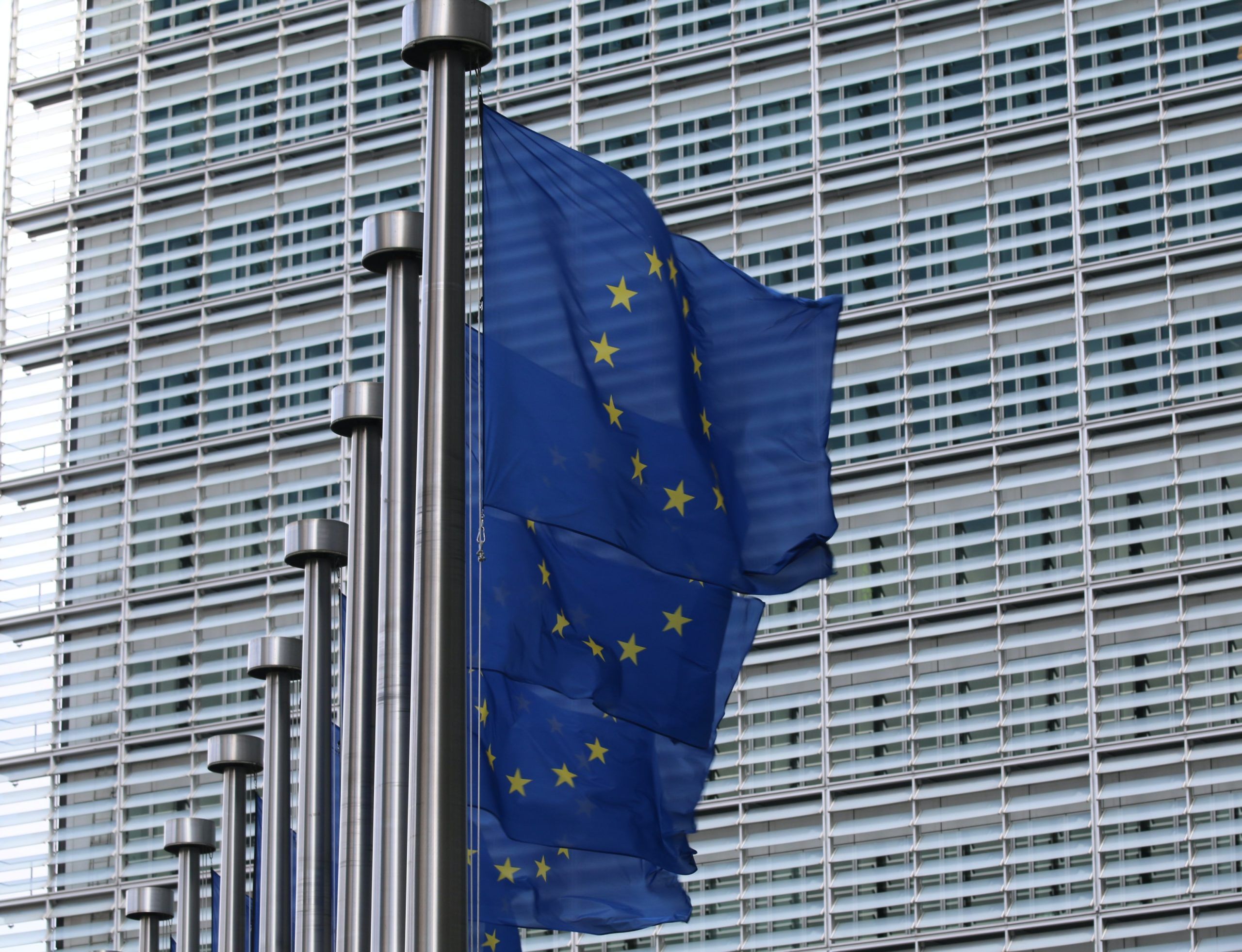According to the third Eurobarometer on international trade published today, over six in ten Europeans believe they benefit from international trade – an increase compared to the last such survey in 2019.
The survey reveals that Europeans value the benefits brought by international trade, such as wider consumer choice and more affordable products. Furthermore, there is strong support for the EU’s role in global trade, a keen interest in leveraging trade policy for broader societal benefits, and a critical awareness of the strategic imperatives posed by geopolitical tensions. Support for the EU’s central role in negotiating and defending the Member State’s interests remains strong: 74% of Europeans agree that the EU is more effective in defending the trade interests of Member States than Member States acting on their own.
Moreover, a whopping 82% of EU citizens believe that we need international trade rules to maintain a level playing field. Trust in the EU to conduct its trade policy transparently and openly has also seen a significant uptick, suggesting growing confidence in the EU’s ability to navigate increasingly complex global trade landscape responsibly.

New Eurobarometer shows Europeans’ positive attitude towards language learning |
When asked about the most important reason for the EU to use trade policy other than fostering EU trade with non-EU countries, consumer health and safety is seen as a top priority. In fact, citizens also expect EU trade policy to protect health (35%), national security (27%) and sensitive technologies (18%). This trend indicates an awareness of the importance of trade for broader economic security, as well as support for assertiveness as a key objective of EU trade policy. The results of this Eurobarometer will inform discussions on the future of the EU’s trade policy under the new Commission.
Background
Special Eurobarometer 544, entitled Europeans’ attitudes on trade and EU trade policy, is the third poll of its type to cover trade, the two previous ones dating from 2019 and 2010. The survey was conducted between 12 January and 4 February 2024 among over 26 000 respondents from a range of social and demographic groups across all EU Member States. The methodology used was that of the Standard Eurobarometer surveys, with face-to-face interviews in the local language on a representative randomised sample.
More Information: European Commission
Special Eurobarometer 544 Report
Special Eurobarometer 544 Summary
Publicaciones relacionadas:
 EU-New Zealand trade agreement enters into force, opening up new opportunities for EU exporters
EU-New Zealand trade agreement enters into force, opening up new opportunities for EU exporters
 EU exports under Free Trade Agreements surpass €1 trillion
EU exports under Free Trade Agreements surpass €1 trillion
 Commission adopts rules for implementing the Foreign Subsidies Regulation
Commission adopts rules for implementing the Foreign Subsidies Regulation
 The European Commission clears the creation of a joint venture between Iberdrola and BP
The European Commission clears the creation of a joint venture between Iberdrola and BP
 Commission sends request for information to AliExpress under the Digital Services Act
Commission sends request for information to AliExpress under the Digital Services Act


Leave a Reply